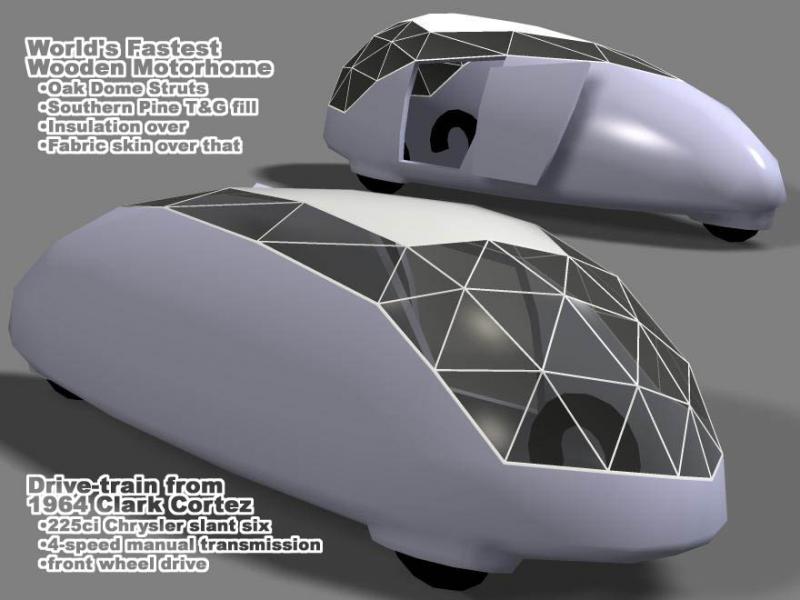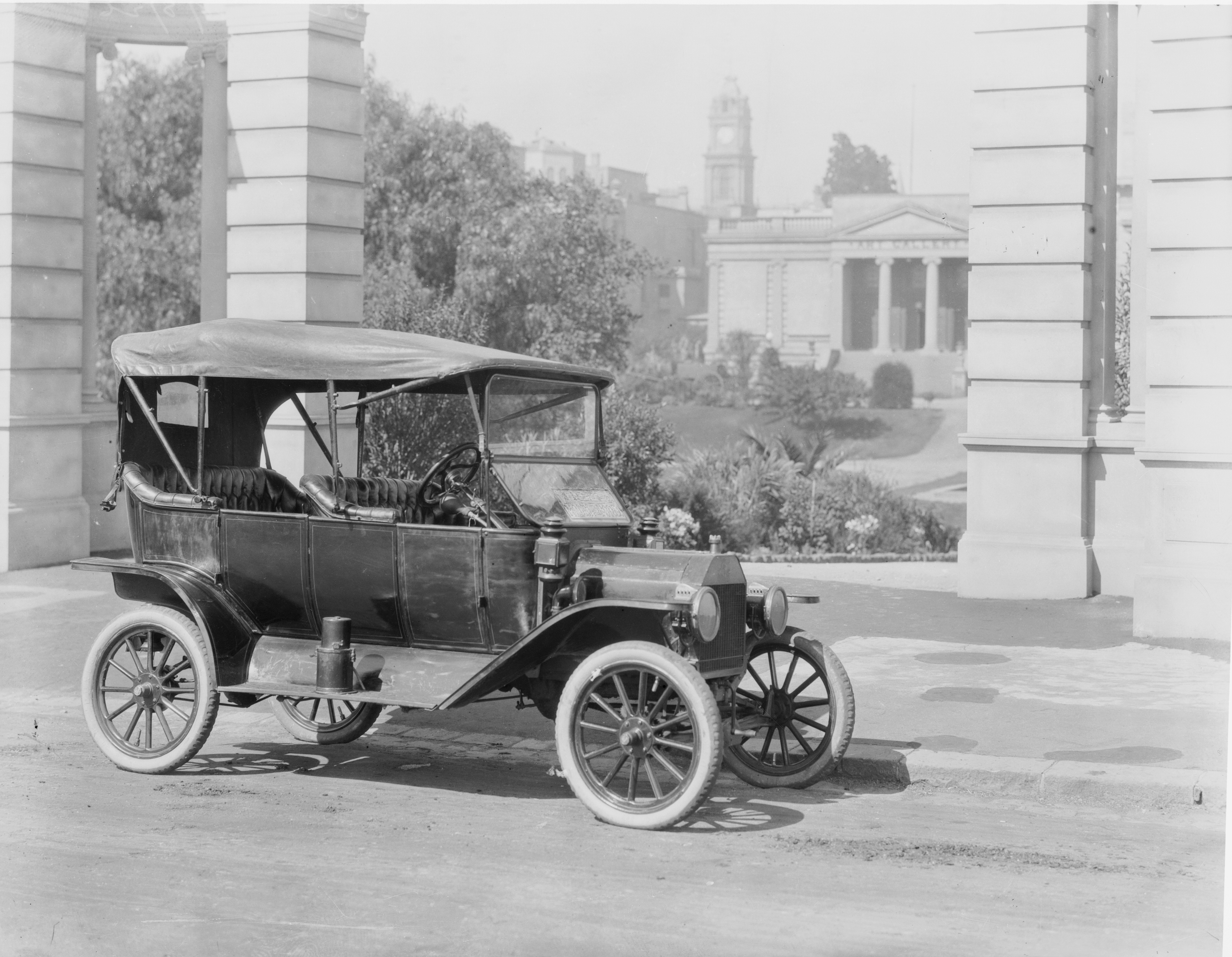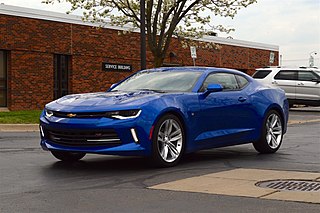 01-23-2021, 09:12 PM
01-23-2021, 09:12 PM
|
#131 (permalink)
|
|
Corporate imperialist
Join Date: Jul 2011
Location: NewMexico (USA)
Posts: 11,312
Thanks: 273
Thanked 3,584 Times in 2,845 Posts
|
No thanks need a car that looks and functions like a car.
__________________
1984 chevy suburban, custom made 6.5L diesel turbocharged with a Garrett T76 and Holset HE351VE, 22:1 compression 13psi of intercooled boost.
1989 firebird mostly stock. Aside from the 6-speed manual trans, corvette gen 5 front brakes, 1LE drive shaft, 4th Gen disc brake fbody rear end.
2011 leaf SL, white, portable 240v CHAdeMO, trailer hitch, new batt as of 2014.
|
|
|

|
 Today Today
|
|
|
|
 Other popular topics in this forum...
Other popular topics in this forum...
|
|
|
|
 01-23-2021, 09:36 PM
01-23-2021, 09:36 PM
|
#132 (permalink)
|
|
Master EcoModder
Join Date: Aug 2012
Location: northwest of normal
Posts: 29,344
Thanks: 8,347
Thanked 9,111 Times in 7,524 Posts
|
I think it's the perfect shape for a motor home. As A goes up Cd become more important.

__________________
.
.Without freedom of speech we wouldn't know who all the idiots are. -- anonymous poster
___________________
.
.Impossible is just something we haven't done yet. -- Langley Outdoors Academy
|
|
|

|
|
The Following User Says Thank You to freebeard For This Useful Post:
|
|
 01-24-2021, 05:26 AM
01-24-2021, 05:26 AM
|
#133 (permalink)
|
|
Master EcoModder
Join Date: Dec 2010
Location: RI
Posts: 692
Thanks: 371
Thanked 227 Times in 140 Posts
|
Quote:
Originally Posted by oil pan 4

No thanks need a car that looks and functions like a car.
|
What that is , changes .. little by little .. over time and from person to person.
It was this kind of thing back in 1771 Cugnot's steam wagon

By 1885 it was this kind of thing , the Benz Motorwagen, internal combustion engine

By 1915 it was this kind of thing , Ford Model T

No one has a perfect resolution crystal ball of exactly what the future will be .. but .. one thing is 100% certain .. things will change .. and what people call a 'car' will continue to change as well.
I for 1 think it would be fantastic if we had super efficient (aero/weight) maglev human powered 'cars' like that .. although I don't think I will live long enough to see that much of a change from the current structure.
__________________
Life Long Energy Efficiency Enthusiast
2000 Honda Insight - LiFePO4 PHEV - Solar
2020 Inmotion V11 PEV ~30miles/kwh
|
|
|

|
|
The Following User Says Thank You to IamIan For This Useful Post:
|
|
 01-24-2021, 11:38 AM
01-24-2021, 11:38 AM
|
#134 (permalink)
|
|
High Altitude Hybrid
Join Date: Dec 2020
Location: Gunnison, CO
Posts: 2,128
Thanks: 1,170
Thanked 609 Times in 479 Posts
|
I feel that people's perception of what they think a car should look like holds back potential. For an example the minivan shape is closer to the ultra-aerodynamic vehicle I posted above. But most people have rejected the minivan and accepted the SUV, even though the SUV is about the furthest away from being ultra-aerodynamic as you can get.
__________________

|
|
|

|
 01-24-2021, 01:33 PM
01-24-2021, 01:33 PM
|
#135 (permalink)
|
|
Master EcoModder
Join Date: Dec 2010
Location: RI
Posts: 692
Thanks: 371
Thanked 227 Times in 140 Posts
|
Quote:
Originally Posted by Isaac Zachary

I feel that people's perception of what they think a car should look like holds back potential.
|
I think .. Most (not all) individuals have a fairly finite amount of change (compared to what things were in their 'formative' years) .. that they will embrace happily .. but eventually too much change , and they aren't happy about it .. then they spend more and more of their time and effort to oppose increasing amounts of change .. and if too much change happens too fast , it isn't even a preference thing , they can can't keep up at all .. even if it means they die because of it .. eventually the next generation comes along with a new formative years base line .. repeat.
The rate of change in recent decades might have from time to time pushed that rate of change past saturation for a given generation .. but that was temporary .. The rate of change is no longer increasing .. no longer an increasing slope .. change has been continuing .. but the rate of change has been slowing down .. the slope of the curve has been decreasing for a while now .. change is moving more and more back toward a leveling off of the rate of change .. it was a rare isolated short lived blip in the history of our species.
Soo , the 'hold back' you mentioned .. I think is temporary .. As the rate of technological change / improvement continues to slow .. it will fall more and more into the range people are comfortable to embrace happily in their life times.
__________________
Life Long Energy Efficiency Enthusiast
2000 Honda Insight - LiFePO4 PHEV - Solar
2020 Inmotion V11 PEV ~30miles/kwh
|
|
|

|
 01-24-2021, 02:16 PM
01-24-2021, 02:16 PM
|
#136 (permalink)
|
|
Master EcoModder
Join Date: Aug 2012
Location: northwest of normal
Posts: 29,344
Thanks: 8,347
Thanked 9,111 Times in 7,524 Posts
|
Quote:
|
Originally Posted by Isaac Zachary
I feel that people's perception of what they think a car should look like holds back potential.
|
I recall an article, probably in Car & Driver, about 40 years ago that showed what cars would look like in 20 years. It was prescient.


 en.wikipedia.org/wiki/Chevrolet_Camaro
en.wikipedia.org/wiki/Chevrolet_Camaro
IamIan: So you're saying that people die from future shock? AKA copelessness?
You're seeing a decreasing rate of increase. I see a society at a local maxima, sometimes the path forward is downhill.
__________________
.
.Without freedom of speech we wouldn't know who all the idiots are. -- anonymous poster
___________________
.
.Impossible is just something we haven't done yet. -- Langley Outdoors Academy
|
|
|

|
|
The Following User Says Thank You to freebeard For This Useful Post:
|
|
 01-24-2021, 02:58 PM
01-24-2021, 02:58 PM
|
#137 (permalink)
|
|
High Altitude Hybrid
Join Date: Dec 2020
Location: Gunnison, CO
Posts: 2,128
Thanks: 1,170
Thanked 609 Times in 479 Posts
|
But the question is: change in which direction? Not all change is good. Or it may be good for one thing and bad for another. Or may be what one group of people considers good but what another considers bad.
Consider the SUV craze. I'm not convinced these types of vehicles offer a real advantage for the great majority of people who buy them. Take for an example a few comments in this article from Car and Driver:
Quote:
|
Station Wagon: Station wagons have perhaps the worst reputation of any body style on the market, but we’re fighting to change that. They offer the best attributes of a car without the trade-offs of larger crossovers and SUVs. The Mazda 6 wagon actually had more passenger and cargo volume than the Mazda CX-7 crossover, was quicker, and got better fuel economy. It was so immensely unpopular that it was discontinued [in 2008], and a forthcoming [after 2009] CX-7 promises a weaker engine in an effort to reduce fuel consumption.
|
Quote:
SUV/Crossover: Jack up the ground clearance of a hatchback or station wagon, and you have a crossover or an SUV. Do you need that ground clearance? Probably not. ... But the fuel-economy penalty of opting for a taller and heavier vehicle is something that affects you every time you start the car...
... If you need a truck only to tow a few times a year, perhaps renting in those instances is a better alternative to living year round with the fuel-economy penalties of a truck.
|
Quote:
|
Minivan: Those with large families—or dreams of such—often resist the practicality of the van, but if you routinely haul five or more people, there is no vehicle short of a school bus that will better accommodate six, seven, or eight passengers. A jumbo SUV like a Chevrolet Suburban or Ford Expedition EL has more cargo space, but passengers will find greater comfort in a minivan.
|
So even putting aside the fuel mileage advantage, there seems to be lots of reasons not to go after SUV's, CUV's, pickups and the like. Yet that seems to be the type of vehicle people want. It's as if the better fuel economy of more efficient engines is an excuse to buy bigger boxier, less aerodynmic vehicles.
It seems that vehicles like the Aptera may always be for a niche audience, if the niche is big enough to keep them alive. Maybe they'll eventually pickup popularity in countries with worse off economies where low energy consumption is priority. But for those who live in areas rich enough to afford large amounts of energy even at high costs seem more interested in finding a Swiss Army knife vehicle, one that's practical for everything including the unnecessary. After all, the average American can afford to fuel a Hummer as a daily driver. So why buy a vehicle that's more efficient?
Only after humanity reaches an all-out energy crisis will people likely make the change to low energy consumption vehicles. But right now, I'm sick of the whole "everyone should buy an SUV" attitude and am putting the Aptera on my list of possible car's I'd buy in the future.
__________________

|
|
|

|
 01-24-2021, 03:53 PM
01-24-2021, 03:53 PM
|
#138 (permalink)
|
|
Master EcoModder
Join Date: Aug 2012
Location: northwest of normal
Posts: 29,344
Thanks: 8,347
Thanked 9,111 Times in 7,524 Posts
|
Quote:
Or may be what one group of people considers good but what another considers bad.
Consider the SUV craze.
|
Consider the Chicken Tax. The ultimate utile configuration was the Type II crew-cab. Gone.
IIRC SUVs were back-doored into truck regulations.
__________________
.
.Without freedom of speech we wouldn't know who all the idiots are. -- anonymous poster
___________________
.
.Impossible is just something we haven't done yet. -- Langley Outdoors Academy
|
|
|

|
|
The Following User Says Thank You to freebeard For This Useful Post:
|
|
 01-24-2021, 04:23 PM
01-24-2021, 04:23 PM
|
#139 (permalink)
|
|
Master EcoModder
Join Date: Dec 2010
Location: RI
Posts: 692
Thanks: 371
Thanked 227 Times in 140 Posts
|
Quote:
Originally Posted by freebeard

IamIan: So you're saying that people die from future shock? AKA copelessness?
|
At the extreme end .. It would be a indirect cause .. but yes.
When things change soo fast that a person is just not able to adapt fast enough .. it can actually be the cause of what ends up latter killing them.
It's indirect .. because it isn't the lack of coping / adapting that directly kills them .. but it can be that the lack of coping / adapting can prevent them from still being able to get the core essentials for life (air, water, food , shelter).
I think it is far more common in today's age (in 1st world countries like USA) for people to just go past the point of the amount of change they like .. they start to actively spend their time and money to oppose the change.
Not just humans .. it happens to animals , plants, insects , etc .. for non-humans at the whole species level , we call it 'habitat loss' ... not being able to cope fast enough with the changes one is exposed to.
Quote:
Originally Posted by freebeard

You're seeing a decreasing rate of increase. I see a society at a local maxima, sometimes the path forward is downhill.
|
I see a decreasing rate almost everywhere I have ever taken any amount of time to look into it.
Some examples:
The 1st one's I noticed was computers .. which were historically held on a pedestal of rapid increasing slope , faster and faster rate of improvement .. they were the basis of philosophies like 'the singularity is near' .. but looking past the hype .. the data shows something very different .. the days of increasing slope of faster and faster changes in computers ended many years ago .. They are still getting faster/better but the rate of change is slowing .. the slope is decreasing .. From 1995 Pentium 1 to 2000 Pentium 4 there was about a ~51x faster processing rate per second , over ~5 years .. Now sure progress / improvement has continued .. and today's CPUs can reach up to speeds like ~77x faster than that Pentium 4 from 21 years ago .. but ... about ~51x in ~5 years .. vs about ~77x in ~21 years .. change yes .. but the rate of change is slowing .. and continues to slow .. if it had even stayed linear at the ~51x per 5 year cycle rate ..that would be more than 4 such periods of ~51x (aka about ~7million times faster) .. but we didn't see that linear rate of increase .. we have seen a decreasing rate of increase .. a lowering of the slope .. and all indicators are that the rate of increase continues to slow.
Not just CPUs .. battery tech too .. from 1970s to 1990s available (not just lab prototypes) battery wh/kg roughly tripled from about ~40wh/kg up to ~100wh/kg .. 20 years later by 2010 it improved .. but not my 3x .. only about ~2x up to about ~200wh/kg .. today 2021 .. 10 years later 1/2 way through the next 20 year cycle and where is the available battery improvement at about ~260wh/kg Latest Tesla Model 3 .. aka only a 30% increase in 10 years .. improvement sure .. but the rate of improvement is slowing down.
etc ...
etc ...
Technology is still changing / improving .. but that rate of change is slowing down.
__________________
Life Long Energy Efficiency Enthusiast
2000 Honda Insight - LiFePO4 PHEV - Solar
2020 Inmotion V11 PEV ~30miles/kwh
|
|
|

|
 01-24-2021, 04:52 PM
01-24-2021, 04:52 PM
|
#140 (permalink)
|
|
Master EcoModder
Join Date: Dec 2008
Location: Eugene, OR, USA
Posts: 382
Thanks: 90
Thanked 170 Times in 126 Posts
|
Quote:
Originally Posted by IamIan

Technology is still changing / improving .. but that rate of change is slowing down.
|
I.e., at what point is improvement to 'the wheel' an impossible waste of resources for paltry gain.
I'd parallel this to a standard of consumer satisfaction where you can never actually achieve a full 100% satisfaction from every buyer of a product or service, and so at some point the gains from improvement begin to lose out to the costs of making those improvements. In my former industry of telecomm and internet, I figured out that they seem to put that right around 87%. Sure, they could do better, but never perfect. It is only through significant innovation that the more substantial improvements are ever made, but rarely by making old tech just work better.
Tying this back into Aptera, I don't see that paradigm shift. All of the big manufacturers understand aerodynamics, rolling resistance, weight, and battery techonolgy. Where is the innovation that will really make this come together in a way that could be ubiquitous to products of the future? In other words, while they are demonstrating what they 'can' do, are they really demonstrating what buyers really want or need and 'should' do?
It's niche for sure, and it better deliver fully on the promises for a broader market to take it seriously.
__________________
2015 BMW i3 REx
2011 Ford Flex SEL AWD
|
|
|

|
|